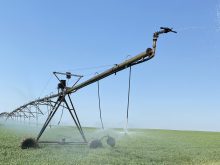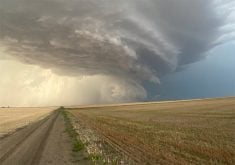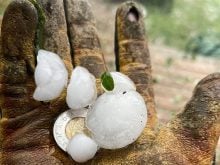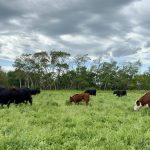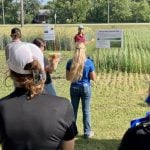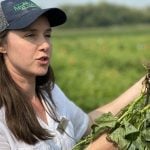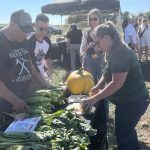RDAR board members elected
Brian Brewin, Steven Kenyon and David Hoekstra have been elected to the Results Driven Agriculture Research board in Alberta for three years.
Brewin and Kenyon were re-elected while Hoekstra was newly elected.
Dr. David Chalack was re-elected board chair and D’Arcy Hilgartner was elected vice-chair.
The full board comprises:
- Dr. Stanford Blade, RDAR board nominated (2021), Edmonton
- Brewin, Alberta Potato Growers Association nominated (2023), Taber
- JP Brower, Alberta Milk nominated (2021), Ponoka
- Chalack, RDAR board nominated (2022), Calgary
- D’Arcy Hilgartner, Alberta Pulse nominated (2021), Camrose
- Hoekstra, Alberta Greenhouse Growers nominated (2023), Medicine Hat
- Kenyon, ARECA nominated (2023), Busby
- Jason Lenz, Alberta Grains nominated (2022), Bentley
- Dr. Fred Lozeman, Alberta Beef Producers nominated (2021), Claresholm
- Josie Van Lent, Alberta Canola Commission nominated (2022), Vermilion
Read Also
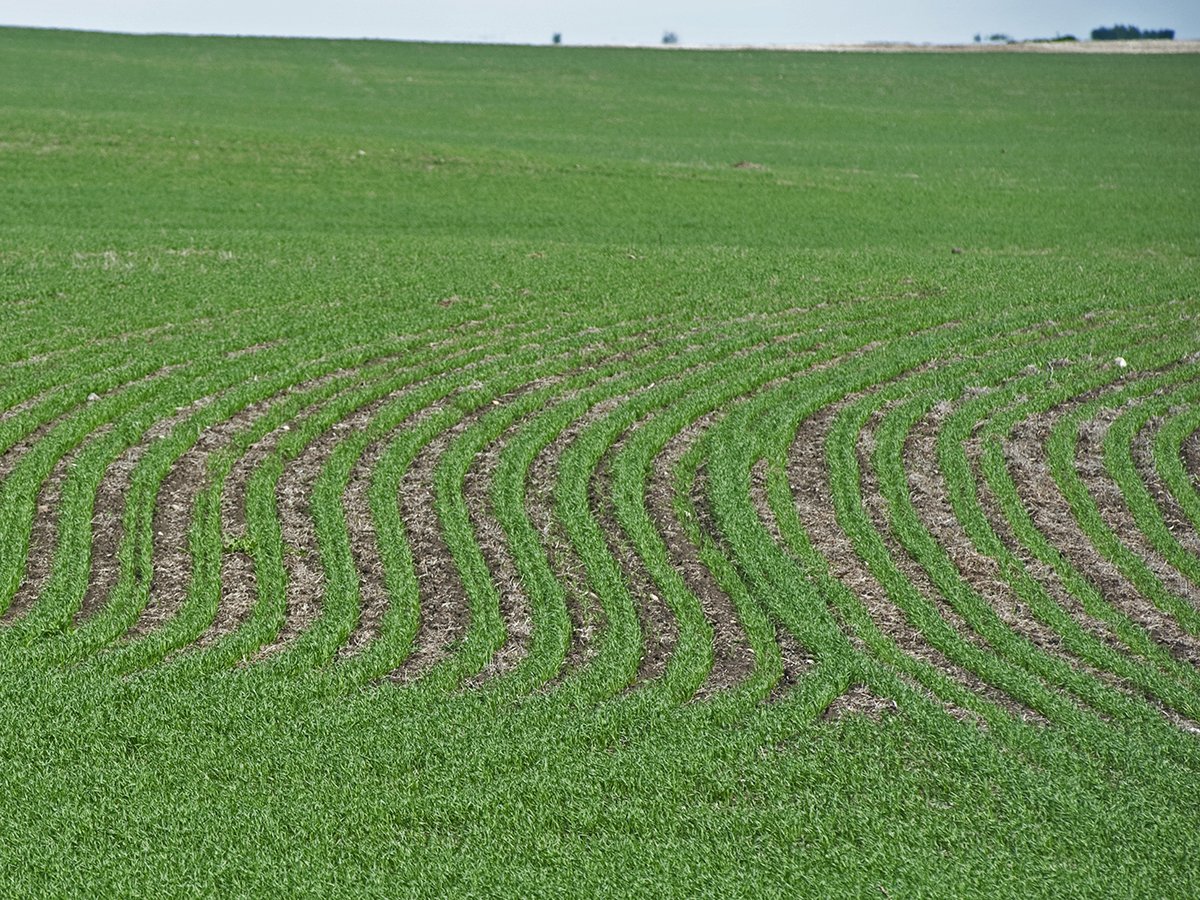
Rented farmland jumps 3.4 million acres in Saskatchewan and Alberta
Farmland rented or leased in the two provinces went from 25.7 million acres in 2011 to 29.1 million in 2021, says Census of Agriculture data.
Melissa Downing, who has been with RDAR since it was formed in 2020, is leaving the board.
Canada Post grant seeks applications
The Canada Post Community Foundation is now accepting applications for its 2024 grants.
Canadian charities, schools and community organizations that offer programming for children and youth are encouraged to apply for project grants, ranging in value up to $25,000. There are also up to four $50,0000 Signature Grants available, including the Indigenous Truth and Reconciliation Signature Grant.
Applications will be accepted from every province and territory with a focus on local grassroots initiatives, such as literacy and language programs, youth outreach services, gender diversity programs, arts and recreation projects, anti-bullying initiatives and mentoring programs.
The deadline to submit applications is March 1 at noon EST through canadapost.ca/community.
Grant recipients will be announced in August.
4-H presents national awards
4-H Canada recently honoured four members with its national awards:
- Distinguished Alumni Award — Jon Montgomery, Calgary
- Honourary Member — Kim Beilby, Brandon, and Mary-Ann Carson, Maidstone, Sask.
- National Volunteer Leader of the Year — Erin Rossmann, Quesnel, B.C.
Recipients of the provincial volunteer leader of the year award include:
- Yvonne Bishop — Zodiac 4-H Club, Newfoundland and Labrador
- Mark and Ilze Firminger — Hopewell 4-H Club, Nova Scotia
- Tania Bernard — Evangeline 4-H Club, Prince Edward Island
- Ashley Storey — Gentle Giants and Friends 4-H Club, New Brunswick
- Kayla McCann — Shawville 4-H Club, Quebec
- Tanya Boyd — Carp Community 4-H Club, Ontario
- Shelley Bjarnarson — Neepawa & Area 4-H Beef Club, Manitoba
- Mike Kirzinger — Next Step 4-H Club/Viscount 4-H Beef Club, Saskatchewan
- Carole Tkach — Coronation 4-H District, Alberta
- Erin Rossmann — Kersley 4-H Club, British Columbia
Alberta Canola redesigns website
Alberta Canola recently unveiled its newly redesigned website.
Key features include a layout that is easier for users to navigate and access relevant information.
The enhanced functionality aims to provide growers with a comprehensive resource hub.
The updated website reflects the changing priorities of both the organization and the canola growers who visit the site, including an increased focus on the policy issues that affect farmers and the advocacy efforts of the commission.
To see the new website, visit albertacanola.com.
Feds fund pulse research
Pulse Canada recently received $11 million in federal funding through the AgriScience Program-Clusters Component under the Sustainable Canadian Agricultural Partnership.
Research through the cluster will help address challenges in production that will result in reduced nitrogen fertilizer consumption across crop rotations, lower greenhouse gas emissions, increased carbon sequestration, lower disease risks and increased profits for farmers.




